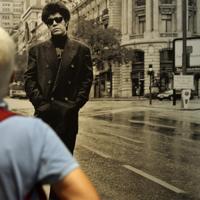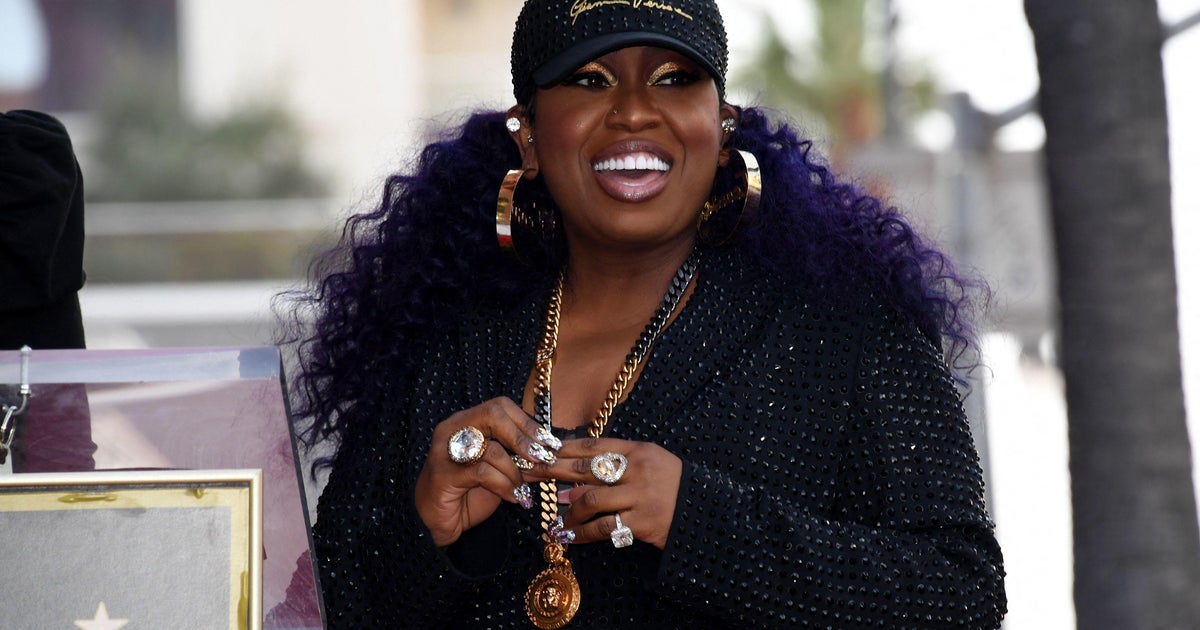Karla Cornejo Villavicencio’s “Catalina” presents an exciting new voice in fiction

Karla Cornejo Villavicencio’s first book, The Undocumented Americans, was a remarkable blend of memoir and reportage about the lives of undocumented immigrants like Cornejo Villavicencio herself. The most indelible thing about the book was the author’s voice: defiant, unflinching, eager to make an impression, and eager to tell—and document—not only the author’s story but also the stories of those who too often have no voice of their own.
Now, in her debut novel, Catalina, Cornejo Villavicencio has given that remarkable voice to her undocumented Ecuadorian narrator, who is living through her senior year at Harvard. In some ways, Catalina is a traditional campus novel, with its mismatched romance, sharp cultural commentary, and carefully crafted subtext. But the story’s focus is entirely unique, concentrating on the college experience of a person whose very existence is demonized, belittled, or outright rejected by too many in our society. It’s a wonderfully bold and insightful novel, even if it can seem a little too self-aware of that boldness and insight at times.
Catalina Ituralde was sent from Ecuador to the United States at the age of five, one of many biographical details she shares with Cornejo Villavicencio. As the novel opens in the summer of 2010, Catalina is preparing for her senior year at Massachusetts’ prestigious Ivy League university by interning in Manhattan at “America’s third most prestigious literary magazine.” Because she is undocumented, she cannot be legally employed, so despite her smarts, working for free is her only option.
Catalina grew up in Queens with her paternal grandparents, who are also undocumented, and her adamant views are varied. She is obsessed with Harvard graduate Henry Kissinger, whom she sees as another brilliant immigrant with a traumatic past. She finds nature “annoying” and thinks the DREAMers were “stupid to think” they would ever live to see the passage of that landmark law. She hates Mario Vargas Llosa but adores Hunter S. Thompson. And like any young person growing up in the 21st century, she scrupulously maintains her public image, partly out of a need to stay legally out of trouble and partly out of a longing to fall in love. But as with everything she does, Catalina doesn’t want just a run-of-the-mill romance. She wants to “experience heartbreak,” “make boys sick,” “become president and attorney general, and be Marilyn Monroe, too.”
Enter Nathaniel Wheeler, an anthropology student and the son of a famous film director. He is the only one at Harvard who can match Catalina’s wicked flirting game. Nathaniel is researching the khipu, an Inca method of recording data using knots tied with different types of cord. No one understands how they work anymore, but Harvard is leading the search for a “Rosetta Khipu” that can decode them. The discussion of the khipu is educational in itself, but it also provides some metaphorical heavy lifting, highlighting how historically privileged groups (e.g., U.S. citizens, white Americans, or the highly educated) view people who are different. Nathaniel and others who try to understand the khipus are either not allowed to touch them or are too afraid to do so—much like he treats Catalina.
As an immigrant and a woman, Catalina is constantly judged, even by those who are unaware of her status as an illegal immigrant. Whether out of habit or as a result of her experience, she is obsessed with being judged, watched, desired, and objectified. So much so that as soon as she catches Nathaniel’s attention, she becomes bored: “The problem with being an object of beauty, a beautiful object, is that you only exist when you are being looked at, and so to stay alive you must constantly be looked at, just as some sharks must be moving to breathe. It feels like the death of the soul when their eyes are not looking at you.”
Early in the novel, Catalina’s editor points out that her mispronunciation of the word “lapel” sets her apart from Manhattan’s “intellectual class.” This is one of several small moments that illustrate that no matter how hard Catalina works, there will always be reasons why she isn’t quite ready for her club. She remembers a similar feeling of inadequacy when she arrived at Harvard and found she lacked the “academic jargon” that others used to express themselves. Her grandparents demanded the best of her and sacrificed themselves to give her the opportunities they never had, but nothing they did could change how some will always see her.
Catalina never learns why her aunt and uncle, who raised her after her parents died in a car accident, sent her to live with her grandparents in the U.S., but feeling passed around fostered an apathy toward her family that “made her feel bad.” Still, she doesn’t let anything get her down. She has many reasons to feel victimized, but never sees herself as a victim. Her story could easily have been another variation on the ever-present trauma plot, but Catalina doesn’t dwell on the past or fear what lies ahead. Even when bad news comes, she gets angry and takes action.
The novel slows down a bit toward the end to help the many moving parts fit together, but Cornejo Villavicencio’s choices never feel formulaic or forced. Catalina is a great novel about the dream of America and the American dream that, for far too many – including the woman who wrote it – remains deferred and in danger of being lost altogether.
Cory Oldweiler is a freelance writer.



